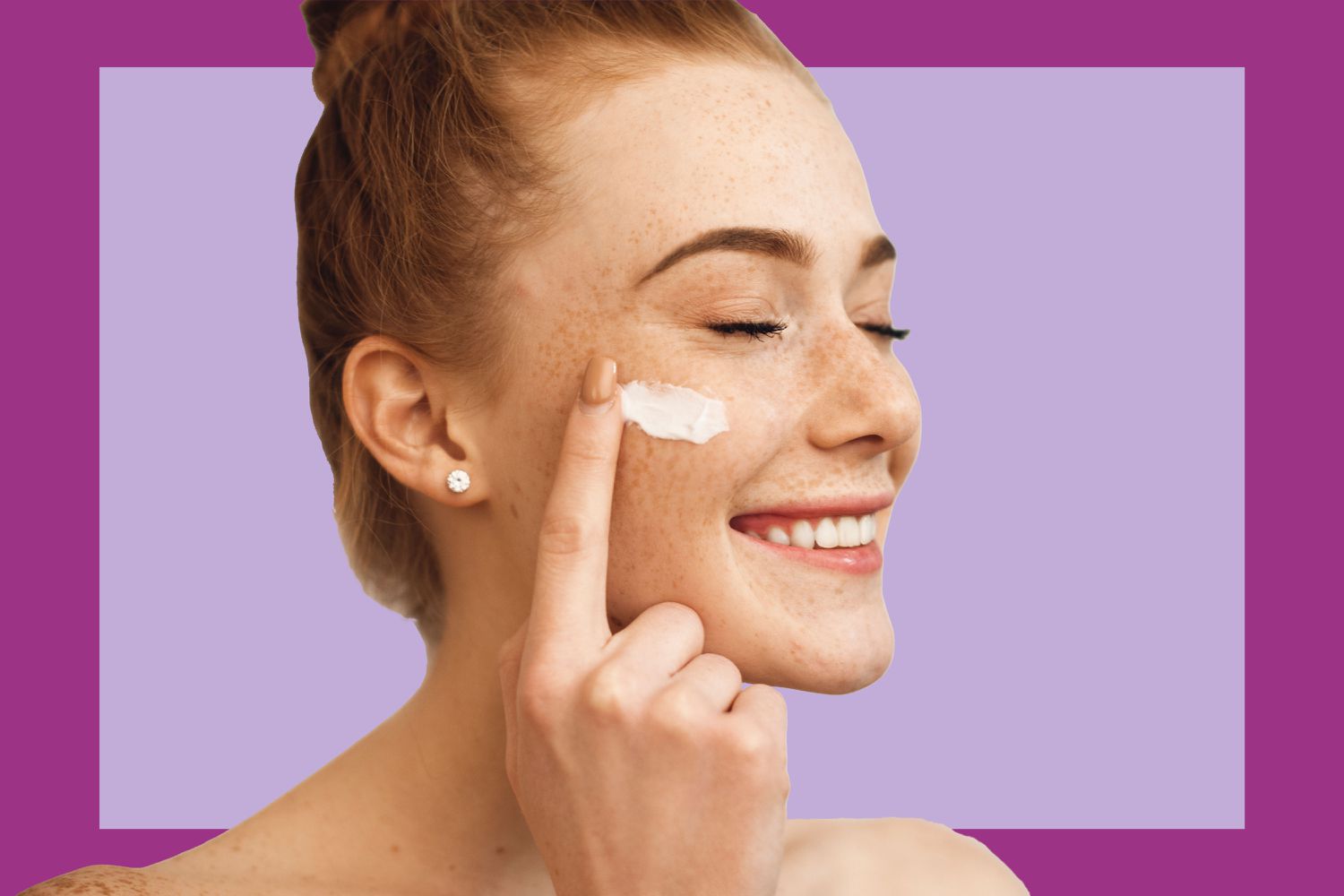Should You Apply Moisturizer to Your Face before Bed?

Uncovering a skincare regimen that is suitable for your unique needs and preferences involves both art and science. On one hand, you want to use products that are appropriate for your skin type and concerns. On the other hand, your skincare regimen also needs to correspond with your daily routine.
So, does the time of day or night you apply moisturizer matter? Essentially, if your evenings are more relaxed and you have more time to dedicate to skincare, is it acceptable to only moisturize at night? Or what if you're more active in the mornings and lack the energy to moisturize before calling it a night?
Several experienced dermatologists were consulted to resolve this issue and provide their perspectives on whether or not you should moisturize your face at night. Here's what they shared about the advantages, disadvantages, and considerations related to nightly facial moisturizing.
According to Marisa Garshick, MD, a certified dermatologist at MDCS Dermatology, moisturizing your face at night aids in hydrating your skin and promotes a radiant, healthier complexion. The labelling on certain moisturizers recommending use at night also has a scientific basis to it.
'Moisturizers for nighttime often contain anti-aging components like peptides or retinol, which assist in producing collagen and reducing the visibility of fine lines and wrinkles,' says Dr. Garshick. 'Additionally, applying moisturizer before bed creates a protective barrier that inhibits moisture loss and protects against environmental stressors, thereby improving overall skin health.'
Howard Sobel, MD, clinical attending cosmetic dermatologic surgeon at Lenox Hill Hospital, explains that moisturizing your face at night provides active ingredients an opportunity to penetrate the skin more effectively than daytime moisturizing.
He explains that the skin enters 'repair mode' at night, making evenings 'the most ideal time to care for the skin and resolve issues, and the optimal time for any active ingredients to penetrate the skin.'
While dermatologists unanimously agree on the benefits of moisturizing the skin at night, selecting a suitable moisturizer is equally important. It is recommended to steer clear from formulae that may not suit your skin’s preferences and requirements.
Dr. Garshick notes, 'Some individuals may experience skin irritation or sensitivity due to certain ingredients in night creams, such as retinoids. Additionally, using heavy moisturizers at night could lead to acne or blocked pores, specifically for individuals with oily or acne-prone skin.'
Interestingly, one can also overdo the moisturizing. 'When particularly potent active ingredients are present, excessive moisturizing can disrupt the skin's natural equilibrium over time.'
Ava Shamban, MD, a board-certified celebrity dermatologist and founder of Althaea Skin, notes that if your skin feels sticky or tacky after moisturizer application, it indicates either excessive product use or poor absorption into the skin. Clogged pores and acne are other signs of over-moisturizing. 'Periodically evaluating your skin's needs and tweaking your skincare regimen accordingly can help avoid over-moisturizing and retain a healthy hydration balance for your skin.'
In summary, yes, you should moisturize your face at night, but it's important to align the tradition with your skin's specific requirements.
Dr. Shamban says, 'Those with dry skin often benefit from nighttime moisturizing as it replenishes lost moisture and prevents dehydration. Whereas those with normal or oily skin may not need intense moisturization every night, but can still profit from using a lightweight moisturizer for maintaining hydration.'
When choosing a nighttime moisturizer, certain factors need to be taken into consideration. Dr. Sobel advises against moisturizers containing ingredients like glycolic acid that could potentially dehydrate skin at night. Rather, he suggests moisturizing ingredients such as hyaluronic acid, ceramides, and peptides for hydration, repair, and anti-aging advantages.
'Choose a formulation suitable for your skin type, such as a lightweight lotion or gel for oily skin or richer creams for dry skin,' Dr. Garshick suggests. 'Avoid nighttime moisturizers with potential irritants like artificial fragrances, alcohol, or heavy oils, as they can lead to sensitivity or acne.'
Once you've identified your skin type, customize your moisturizer and routine accordingly. Dr. Shamban provides guidance on how and when to moisturize your face based on skin type in the below details.
Remember, a product that works well for others (even if they have the same skin type) may not necessarily suit your skin. It may take some experimentation to find the perfect product to moisturize your face at night. Use the above information as a guide to decide whether or not to moisturize at night.
'Ultimately, it's essential to consider personal preferences and consult with a dermatologist to determine the best nighttime skincare routine for optimal skin health,' says Garshick.




